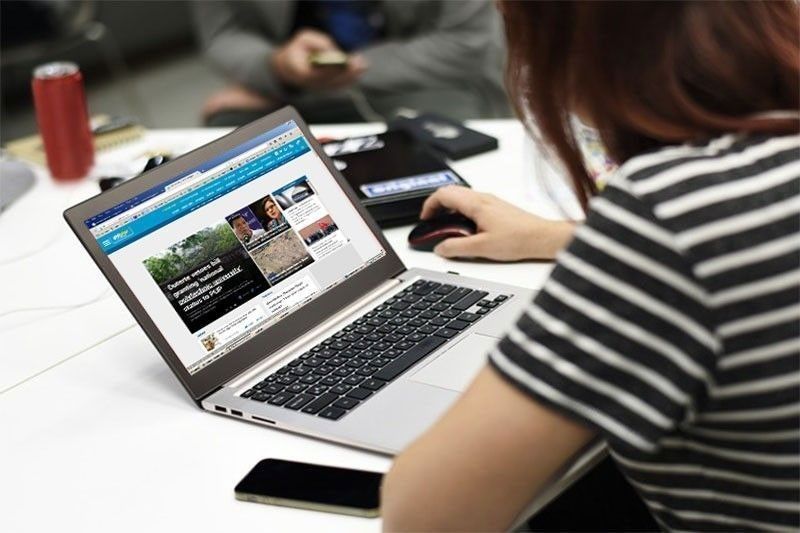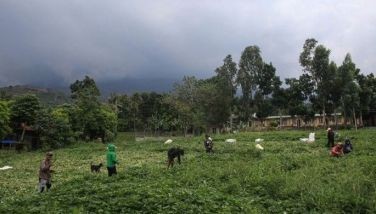Internet freedom declined in Philippines – report

MANILA, Philippines — Internet freedom sharply declined in the Philippines over the past year after the Duterte and Marcos administrations imposed new controls on online spaces, according to the latest Freedom of the Net report of Washington-based non-profit Freedom House.
From 65 out of 100 last year, the Philippines’ score in the index dropped to 61, classified as “partly free.”
“The Duterte administration blocked 27 websites, including online news sites, shortly before leaving office. The online information environment remains rife with disinformation after the election period, while a SIM card registration law enacted by President Marcos Jr. poses risks to people’s privacy,” read the report released on Oct. 5.
“Red-tagging – a form of harassment whereby targets are accused of having links with local communist groups – physical assaults and politicized lawsuits continued to impact media workers and activists operating online,” it added.
Freedom House noted the “haphazard” application of rule of law and justice in the Philippines despite the country’s transition from authoritarian rule after the fall of the dictatorship in 1986.
It also cited the continuing impunity for crimes against activists and journalists.
The four-point drop in the country’s score was the second largest decline among countries in the report, after Iran that saw a five-point decline from 16 to 11 out of 100.
The Freedom of the Net score is based on a set of questions grouped into three – obstacles to access, limits on content and violation of human rights – with a highest possible score of 100.
Based on the report, the Philippines scored 16 out of 25 on obstacles to access (down from 17), 23 out of 35 on limits on content (down from 26) and 22 out of 40 on violations of human rights (same as last year).
Among the key developments during the period covered by the report, from June 1, 2022 to May 31, 2023, were the imposition of brief restrictions on mobile networks during local festivities, the blocking of 27 websites under the Anti-Terrorism Act, the cyber libel charges and other forms of intimidation against journalists and activists and the passage of the new SIM card registration law.
Countries that have a total score of zero to 39 are classified as “not free,” 40 to 69 as “partly free” and 70 to 100 as “free.”
Thirty-two countries including the Philippines were classified as “partly free,” while 21 were considered as “not free.”
China scored the lowest with nine out of 100, followed by Myanmar (10), Iran (11), Cuba (20), Russia (21), Vietnam (22), Uzbekistan (25), Saudi Arabia (25), Belarus (25), Pakistan (26) and Ethiopia (26).
AI’s impact
Aside from attacks on free expression, the report also cited how advances in artificial intelligence (AI) “are amplifying a crisis for human rights online.”
“While AI technology offers exciting and beneficial uses for science, education and society at large, its uptake has also increased the scale, speed and efficiency of digital repression. Automated systems have enabled governments to conduct more precise and subtle forms of online censorship,” read the report.
“Purveyors of disinformation are employing AI-generated images, audio and text, making the truth easier to distort and harder to discern. Sophisticated surveillance systems rapidly trawl social media for signs of dissent, and massive datasets are paired with facial scans to identify and track prodemocracy protesters,” it added.
The report noted how some governments used AI tools to escalate disinformation tactics, as well as enhance online censorship.
“AI can serve as an amplifier of digital repression, making censorship, surveillance and the creation and spread of disinformation easier, faster, cheaper and more effective,” said Freedom House.
- Latest
- Trending






























